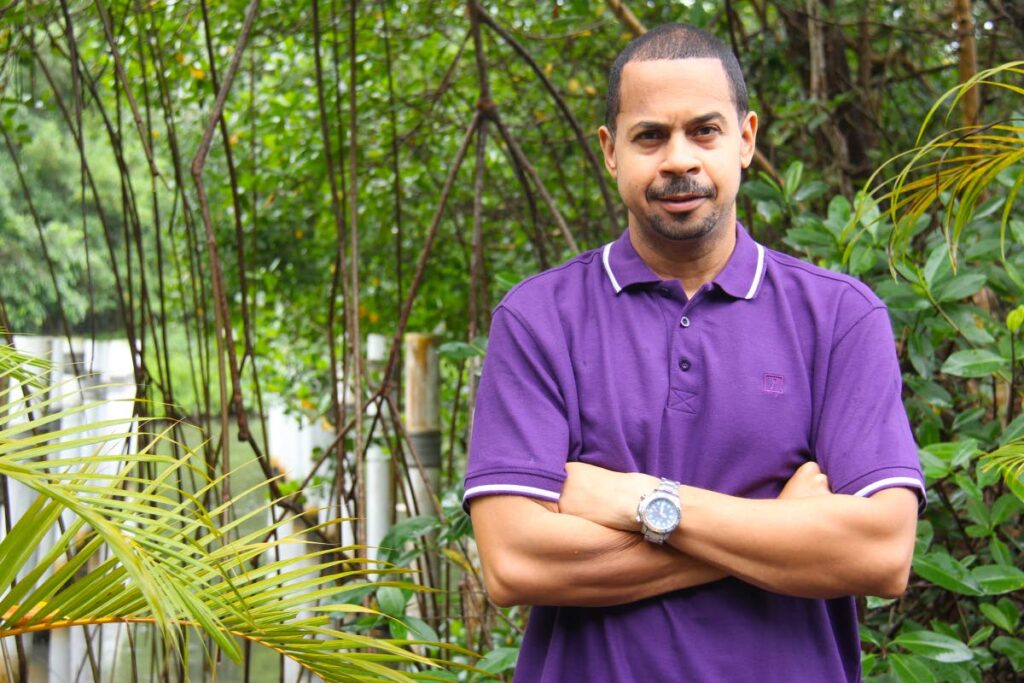|
RECENTLY Angostura heralded the arrival of its signature ultra-premium rum, Zenith. This blended rum is said to have been produced by two of TT's distilleries – Caroni 1975 Ltd and Angostura Ltd. The blend was aged in charred American oak casks once used for bourbon.
Only 195 bottles of this exclusive rum were produced. It's priced to go at $20,400 or US$3,000. It sounds like the kind of rum meant only for display, protected by a grid of lasers and a moat filled with starved piranha. The lucky buyer would probably keep it in an oak-panelled room next to the real shroud of Turin and plundered artefacts of the African continent. OK, that's enough snark for one column. The announcement, though, got me thinking – why hasn't TT done more to leverage our heritage as a rum-manufacturing nation? Why aren't there more producers of fine rums that would add yet another piece to the sprawling, grand story that is Trinidad and Tobago? Rum manufacturing seems to be another potential gold mine we're content to explore only peripherally. Before I picked up the good book my tipple of choice was always rum. As young men, my friends and I started our drinking careers with White Oak. White and sprite was the cocktail of the day. By just reminiscing about it I feel a wave of nostalgia and nausea wash over me. White Oak was, to us, the aviation fuel of rums. It got you off the ground quickly and at a reasonable price. The landing, however, was almost always rough. As budgets grew modestly but our sophistication stayed the same, we graduated to VAT 19 and eventually Black Label rum. Later in life, we were introduced to 1919 and 1824 rums. I never learned the significance of those years other than the fact that they were probably the best two years of my life. I've sampled rums from Jamaica, Guyana, Barbados and Puerto Rico; all of them are exceptional. Trinidad premium rums, I believe though, are among the best in the world. In my opinion, our blends are up there in the rarefied air with Cuba's premium offerings. Yet, our sugar heritage was hastily jettisoned without consideration of the role a focused premium rum-manufacturing industry could play in transforming our one-note economy. Barbados continues its sugar cultivation, exporting to the United States and producing precious molasses to sustain its rum industry. Through this industry, it earns even more foreign exchange by way of exports of its spirits. Barbados is a fraction of the size of this country but its export ambitions are outsized. But then, it didn't have the luxury of resting all its hopes in an oil and gas industry. Here in TT, our forex troubles show no signs of easing. To buy a paltry US$200 you need to go to the bank with your boarding pass, a vial of blood and the missing half of an ancient amulet. Unless we aggressively cultivate multiple avenues to generate foreign exchange, shortages will only be felt more acutely in the future. Perhaps we've been brainwashed into believing agriculture is a legacy of our colonial past. We plant only houses and sprawling shopping centres which seed only more consumption and barren ideas. Imagine if we could reinvigorate some sugar cultivation and focus on in-demand products like muscovado sugar. Such cultivation could also feed into the sustainable development of a larger, more diverse rum industry. There could be other tourism product tie-ins such as Carnival, cocoa cultivation, chocolate manufacturing, eco-tourism, music, art and, of course, our literature. Rum should be imagined as a DNA strand of our cultural identity; rum and a story with legs that can take us places. A rum-manufacturing industry targeting niche markets could also add another element to our tourism product. There could be tours of distilleries and rum festivals featuring premium blends as well as foods made with local rums. In Bardstown, Kentucky in the US, the annual bourbon festival has been staged since 1991. For one week the town is inundated with visitors from across the country slavering for good music, food and, of course, bourbon. TT should be promoting a similar event to celebrate our rums; something perhaps a bit more sophisticated than a village table-top beating competition with a grand prize of a nip. We have all the resources we need to tap into our full potential, but we're shackled by our self-limiting behaviours and ideologies. That's the great tragedy of TT. (Source: Paolo Kernahan, Newsday, July 14, 2022)
0 Comments
Leave a Reply. |
T&T news blogThe intent of this blog is to bring some news from home and other fun items. If you enjoy what you read, please leave us a comment.. Archives
May 2025
Categories
All
|


 RSS Feed
RSS Feed